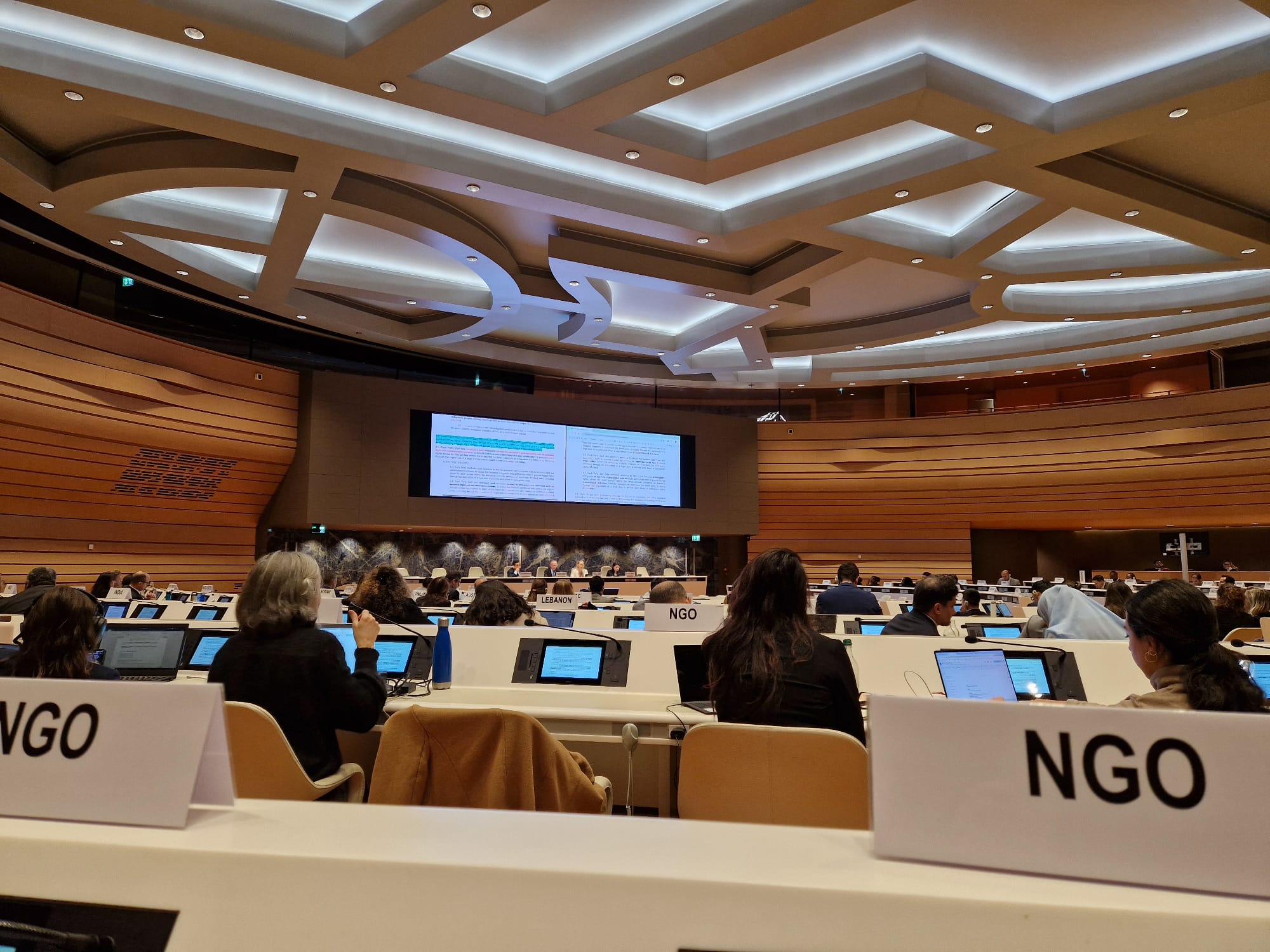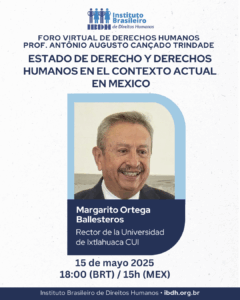Today, 18 December 2024, the Instituto Brasileiro de Direitos Humanos (IBDH) proposed, at the negotiating process of the Tenth session of the open-ended intergovernmental working group on transnational corporations and other business enterprises with respect to human rights (IGWG TNCs), the addition of a separate paragraph of the negotiating text, clearly stating a right of victims for violations of violations by transnational corporations.
Besides the provision of remedies, the procedural limb of general redress, the IBDH finds it necessary for the Legally Binding Instrument (ILB), under negotiation, to acknowledge such an autonomous right to material reparations, as clearly established under international law.
Besides the reasons of a merely legal order, material reparations, such as cessation of violations, restitution, satisfaction and pecuniary measures, are essential for victims to carry on their lives after the insurmountable impacts caused by TNC violations.
As we emphasized in our statement:
Reparations mean, in simple terms, rebuild a new home after a mining disaster, resume spiritual rituals of an indigenous community after land restitution or demarcation, resume fishing activities after the cleaning of a river, buy new tools to recommence a professional activity, receive psychological help for post-traumatic stress, or medical support for poisoning of pesticides, and have a community’s reputation restored through public apologies.
Check below the oral statement:
Tenth session of the open-ended intergovernmental working group on transnational corporations and other business enterprises with respect to human rights
Oral Statement by the Instituto Brasileiro de Direitos Humanos
[check against delivery]
Delivered by Mr. Paulo Lugon Arantes
Mr. Chair,
We acknowledge that reparations are generally referred to under the definition of remedies under Article 1.9.
We suggest, however, for the sake of clarity and practical reasons for victims, that under Article 7, each component is treated separately:
On the one hand, domestic remedy, as the procedural limb or redress, includes, criminal, civil or administrative investigation, prosecution and proportionate sentencing. These procedural obligations should be not discharged as a mere formality, but should comply with the effectiveness qualifier through promptness, thoroughness, independence, participation of the victims and information on the relevant outcomes. It is important to reflect each one of these components in the LBI’s text.
On the other hand, reparation – represents the consequential obligation, when an internationally wrongful act is ascertained, either by a domestic court or international organ. Reparations are regarded under international public law as an autonomous right of victims.
Therefore, we find necessary to add a specific paragraph on reparations in Article 7, in order to ensure legal certainty and consistency, as we propose:
States shall provide victims with full reparations, as a consequence of the violations ascertained by national authorities or by international human rights dispute settlement mechanisms, including cessation, restitution, satisfaction, compensation, damage to life plan, rehabilitation and guarantees of non-repetition.
To conclude,
Reparations mean, in simple terms, rebuild a new home after a mining disaster, resume spiritual rituals of an indigenous community after land restitution or demarcation, resume fishing activities after the cleaning of a river, buy new tools to recommence a professional activity, receive psychological help for post-traumatic stress, or medical support for poisoning of pesticides, and have a community’s reputation restored through public apologies.
Thank you.
***
The IBDH remains committed to the lessons of Professor Antônio Augusto Cançado Trindade, in upholding the protagonist role of victims in international law, by strengthening their capacity of autonomously seek for reparations internationally.








